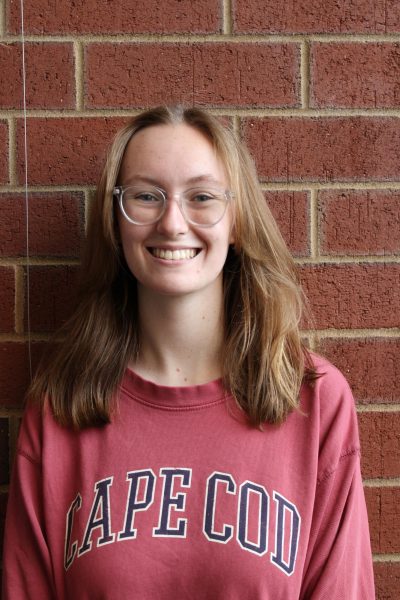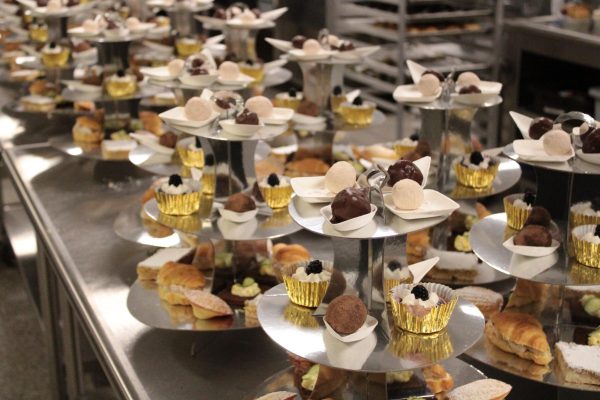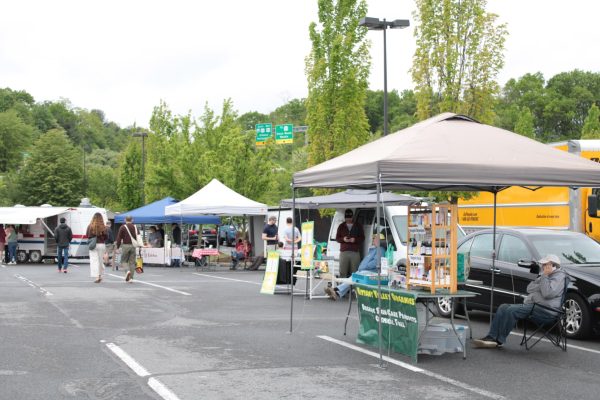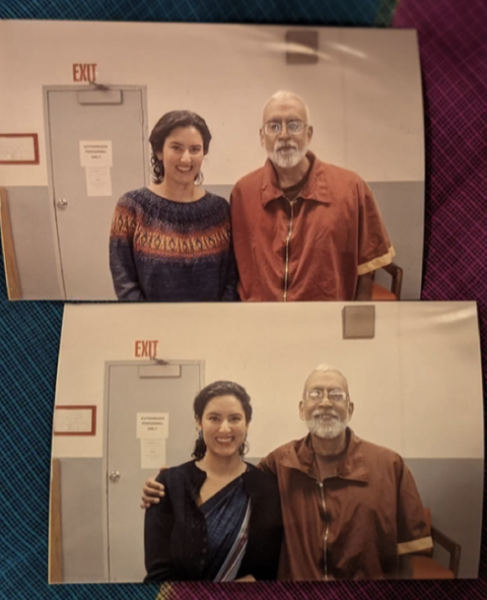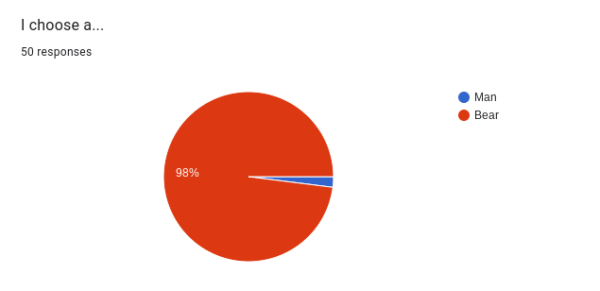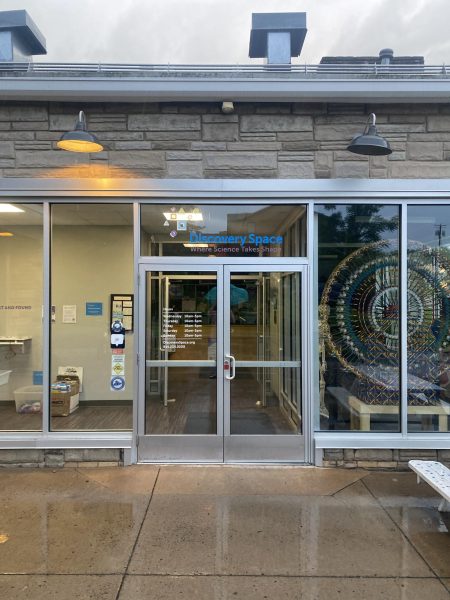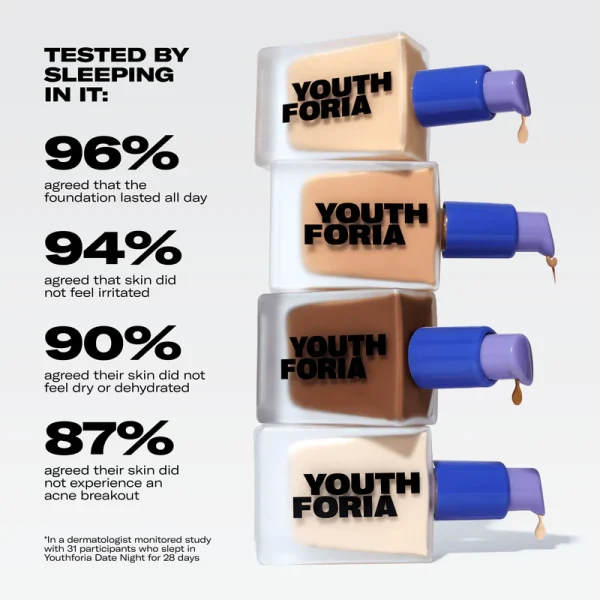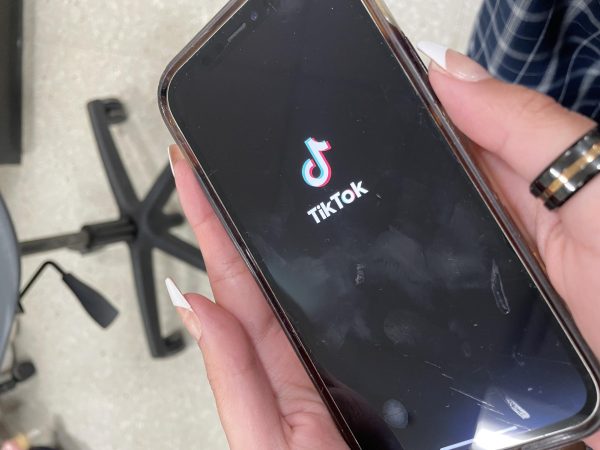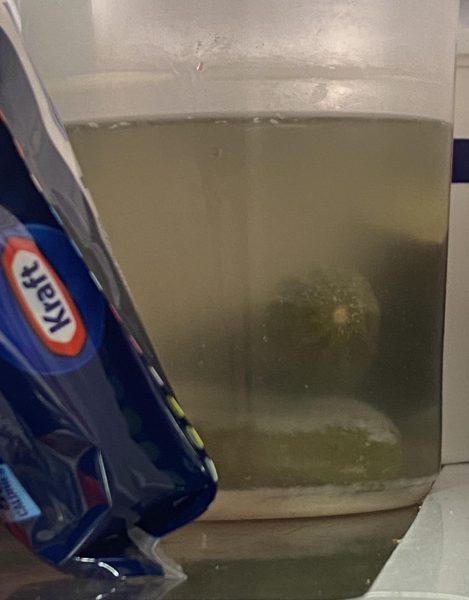The Complicated World of SCASD’s Academic Resources
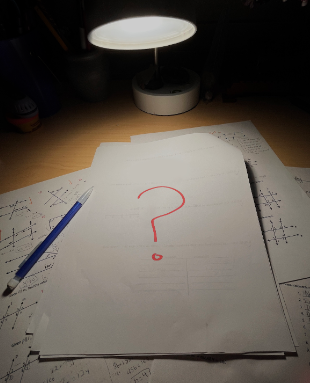
A compiled selection of geometry pages used for extra studying.
November 17, 2022
School is demanding. Balancing classes with sports, clubs, work, socialization, and self care is a struggle against time. With only so many hours in the day, with so many things to complete, it is easy to get lost in it all. While some may be able to handle this careful balancing act, it still remains possible for students to find themselves losing their grip on actual classes. It may be harder to pay attention or grades may even begin to slip, and it feels like there is nowhere to turn.
There’s a strong sense of pressure whenever students begin to realize they are falling behind, whether it be from peers, family, future colleges, or even self-imposed stress. Some students will look to try to relearn misunderstood content by themselves, but some may need to look for more reassurance from others. The most accessible way for this is throughout the school day, or through SCASD materials. But does SCASD really offer the necessary tutoring or teaching materials that their students may need?
The answer is yes. Though it may be a surprise for some, SCASD does offer many ways to reassure students in their classes, ranging from resources led by teachers to even revolving around fellow students. Despite this, not many students at State High even know half of the academic assistance options that are offered.
There are a few posters in certain classrooms stating that the Math Center and English Center are open during the school day with times for teachers, the occasional announcement about the Lion’s Learning Lounge, or even a singular email about the National Honor Society’s peer tutoring. But, these key resources are not widespread. With the majority of them being run by teachers and teachers alone, it is complicated to find the time to lead students to these resources with everything else teachers may have to deal with. This leaves the students with the task to find what they need themselves.
One of those students was freshman Eileen Chen. She found a tutor that fit her when she reached out to the State High National Honor Society peer tutoring program and realized just how accessible it was on her own.
“One of the questions for NHS tutoring is ‘what times are you available?’ so that they are able to set you up with the other person. I think that’s very important. Most people don’t actually know about that tutoring. I think it should be more known for other people, or else people ask questions like ‘oh, what’s that?'” Chen said.
Quiana Guo, the head of the National Honor Society’s peer tutoring program agrees about how the program has been overlooked by many.
“A lot of our services and resources we have here are not talked about enough. Mostly it’s word-to-word, mouth-to-mouth. It can be hard to reach out to students, but once they know about it, some are more willing to take advantage of it,” Guo noted.
It is already complicated enough to actually find tutor or academic assistance opportunities, but some students may find it more challenging to speak up about their struggles with classes. With a competitive learning environment, informing teachers or possible tutors that you’re struggling can feel revealing to those around you.
“When you have taken really advanced courses throughout most of high school, and then suddenly hit a class that you’re not as good at, then you’re afraid of what your peers might say,” Guo said. “You’re afraid of the judgment. I definitely see that happening.”
Likewise, Teja Gopalan is a student volunteer at the Math Center and has noticed just how fast-paced and demanding our school can be when it comes to learning.
“I was working with a student who recently moved into the district who’s currently in Algebra 1, and they mentioned that it’s crazy the pace at which we’re going as a district. Because we’ve got all of these classes and we tend to accelerate students earlier on, it’s a very competitive district,” Gopalan remarked.
With the constant academic push to be just as great if not better than peers and the constant wish to uphold an image of excellence, plenty of students struggle to put themselves first and openly admit what’s right for them. The few who do take advantage of extra academic help can be nervous about opening up about it.
So how does one navigate through all of these obstacles and find the help that is right? There are no specific tricks, patterns, or concrete reasoning as to making the decision. Though it is hard, the very first step is being able to reach out to someone.
“[You] shouldn’t be afraid to ask for help. The only person who knows, really, that you’re asking for help is me. Sometimes I don’t even know who you are. I am not one to judge because I am the one who wants to help other people looking for that help,” Guo said, “Everyone is super nice here. You’ll get the help you need, and you may make a new friend.”
From there, the experience is what the student makes it. It can be hard to coast through school without ever feeling challenged or overwhelmed by the work. There are limited hours in the day, but unlimited ways to find a way to feel more academically sound.
“I think I’ve improved greatly. [My tutor] helped me, I’m very, very thankful. I really needed a tutor.” noted Chen.
Knowing that there is a support system for those who need it is a step in the right direction for more visibility and acknowledgment of what we have as a school community.
Though our school should be promoting them more, we should not be blaming teachers for struggling to balance these commitments along with their day-to-day teaching. The sense of competition in the district when it comes to learning is prominent, but the kindness of student helpers outweighs the minuscule chance of judgment from others. More eyes are needed on the school’s resources, ranging from the Math Center and English Center to even the Lion’s Learning Lounge. Having somewhere to go when school gets challenging is important, but it should not be the student’s job to learn of it. Information like this deserves to be widespread for everyone in our district no matter what.
The National Honors Society’s Peer Tutoring Program can be accessed at this link and on their scasd.org page. https://docs.google.com/forms/d/e/1FAIpQLScMVmtzxZwIYWFrLs11cfIFP6ckc3gjIfV0iPPg71V4vbxVLA/viewform. Information on the Lion’s Learning Lounge, Math Center, and English Center can be found on posters and signs around State High.

